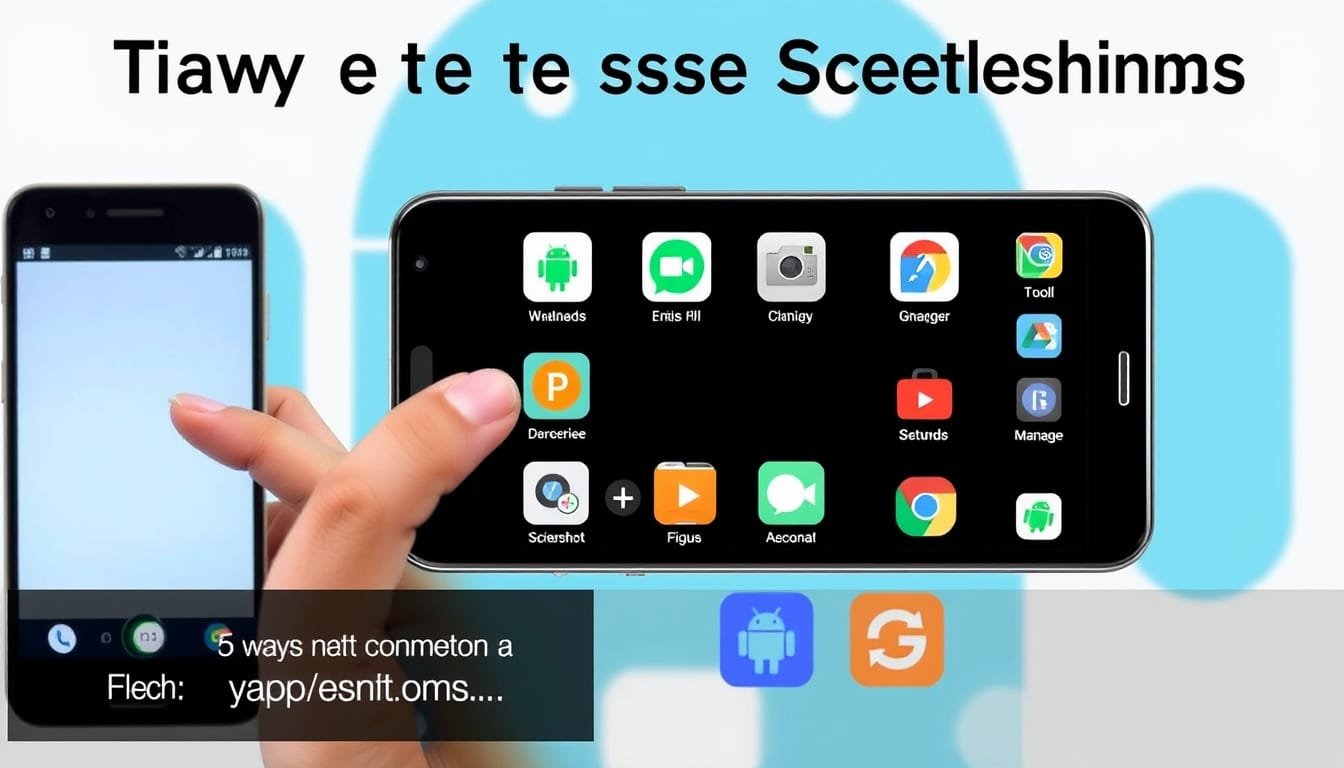Are you relying on Google’s AI to find that crucial customer service number?
Think again!
While AI tools can be incredibly helpful, they’re not foolproof.
Did you know that searching for legitimate company contact information can sometimes lead you straight to scam numbers?
Jake Peterson’s recent insights highlight this disturbing trend, showcasing real-life stories of users misled by AI-generated results.
One unfortunate Royal Caribbean customer shared their credit card info, convinced they were speaking to an official representative.
Scammers are clever, listing fake numbers on deceptive sites, tricking AI into believing these contacts are valid.
This article explores the significant risks associated with AI-generated information, particularly in search engines.
By implementing simple verification practices, you can safeguard yourself from falling victim to fraud.
Stick around as we discuss essential steps to ensure the accuracy of any contact details you find online, giving you the confidence to steer clear of scams.
Try Hostinger Webhosting get a website as low as $3.99!

Key Takeaways
- AI-generated search results can inadvertently lead users to scam phone numbers.
- Users must verify contact information from official sources to avoid being deceived by fraudulent listings.
- Scammers exploit AI technology by submitting fake numbers that can mislead search engines and users alike.
Understanding the Risks of AI-Generated Information
Are You Calling Scammers?
The Hidden Risks of AI-Generated Contact Info
In today’s digital age, AI plays a vital role in our search for information, but it’s crucial to understand its pitfalls.
Recently, Jake Peterson highlighted a significant issue with Google’s AI search: the ability to direct unsuspecting users to scam phone numbers.
Imagine searching for Royal Caribbean’s customer service line, only to end up dishing out your credit card details to a fraudster.
This isn’t just a hypothetical scenario—real users are falling prey to cleverly disguised scam numbers listed by fraudulent websites that trick the AI into misidentifying them as legitimate.
To stay safe, always double-check AI-generated contact information against official company websites.
Don’t fall into the trap of thinking everything generated by AI is flawless.
Scammers thrive on misinformation, and in a world where accuracy is paramount, safeguarding your personal data becomes a shared responsibility.
Remember, a little vigilance today could save you from costly mistakes tomorrow!
Best Practices for Verifying Contact Details
To verify contact details effectively, start by using reputable sources.
Always visit the official website of the company you’re inquiring about; these sites typically list accurate contact info in plain sight.
Next, consider third-party review sites like Trustpilot or Yelp, where real customers often share experiences with the businesses, including confirmation of their contact numbers.
If you come across a phone number online, see if it’s listed in multiple reputable places to establish consistency.
Additionally, cross-verify any suspicious numbers by calling them from a safe phone line—one where you don’t have personal information saved.
If you still have doubts, reach out to the company via social media for extra reassurance.
With these simple strategies, you’ll avoid falling into the trap of scammers and ensure your calls always connect with the right people.
Remember, a few extra minutes spent verifying could save you from a potential headache—or worse!




















